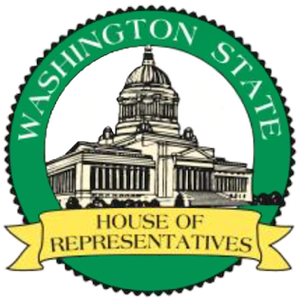The Washington State House Commerce and Gaming Committee (WA House COG) considers issues relating to the regulation of commerce in alcohol, tobacco and cannabis, as well as issues relating to the regulation and oversight of gaming, including tribal compacts.
Executive Session
- HB 1443 - "Concerning social equity within the cannabis industry."
Public Hearing
- HB 1463 - “Addressing serious mental health consequences of high-potency cannabis products by regulating the sale of cannabis concentrates.”
